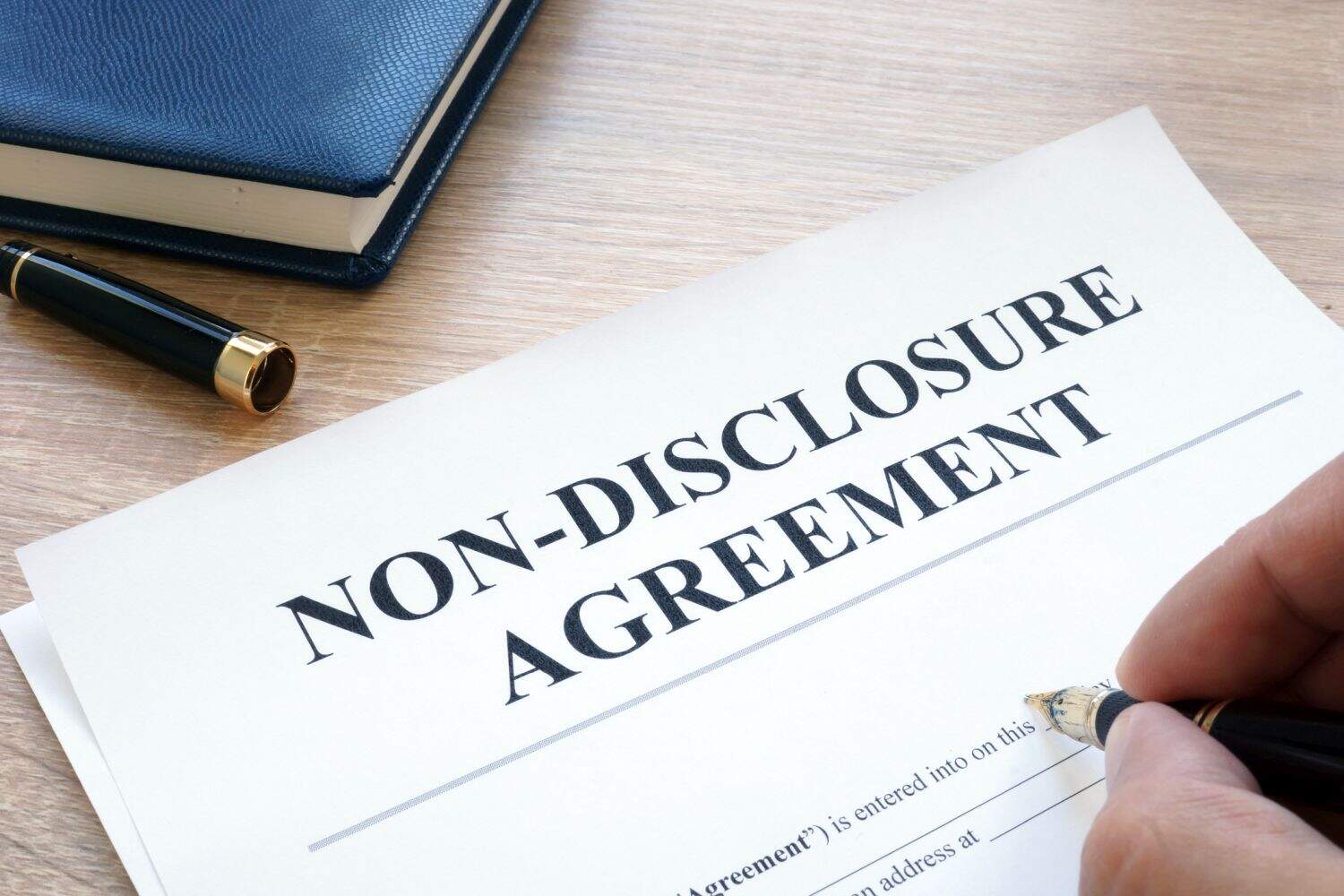NDAs are generally enforceable under South African contract law, provided they are reasonable in scope and duration, and do not violate public policy.

Non-disclosure agreements (NDAs) have been criticised for silencing victims of workplace harassment in several jurisdictions.
However, unlike most countries, South Africa’s legal framework provides protection against workplace harassment. If an NDA is found to be used to cover harassment, the employer could remain liable, regardless of the existence of the agreement.
An NDA is a legally binding contract that ensures confidential information shared between parties remains private. This agreement is important for protecting trade secrets, business plans and other confidential data.
Dhevarsha Ramjettan, partner at Webber Wentzel law firm, says NDAs are generally enforceable under South African contract law, provided they are reasonable in scope and duration, and do not violate public policy.
ALSO READ: Can you get fired for being racist? Here is what employers and employees need to know
Acts protecting employees
The Labour Relations Act 66 of 1995 (LRA), the Employment Equity Act 55 of 1998 (EEA), and the Protected Disclosures Act 26 of 2000 (PDA) offer protections to employees who report harassment or discrimination.
“While the EEA does not expressly prohibit NDAs, any agreement that silences victims of harassment or discrimination arguably undermines the purpose of the EEA,” says Ramjettan.
“Section 6 of the EEA prohibits unfair discrimination and harassment. Victims may not be prevented from reporting such conduct to the Commission for Conciliation, Mediation and Arbitration (CCMA), Labour Court or Equity Court.”
Harassment in a workplace
She says the Code of Good Practice on the Prevention and Elimination of Harassment in the Workplace (Harassment Code), issued under the EEA, aims to eradicate all forms of workplace harassment. It provides a formal mechanism for reporting discrimination or harassment.
“The Harassment Code also holds employers vicariously liable for employees’ conduct unless they can demonstrate that reasonable steps were taken to prevent and address such behaviour.
“These provisions arguably prohibit the use of NDAs to silence complainants or avoid accountability.”
ALSO READ: Corporate Mental Health Week: Is your boss a narcissist or a psychopath?
Act that overrides NDAs
Kanyiso Kezile, trainee attorney at Webber Wentzel, says section 2 of the PDA provides that any clause in a contract of employment or other agreement that seeks to exclude or waive rights under the PDA is void.
This includes agreements preventing the institution or continuation of proceedings under the PDA. This statutory override invalidates any NDA (or other contractual term) that seeks to silence whistleblowers.
“Notably, the PDA defines disclosure broadly as any disclosure of information about the conduct of an employer or employee, made by a person who reasonably believes that the information shows, among other things, unfair discrimination as contemplated in the EEA or the Promotion of Equality and Prevention of Unfair Discrimination Act 4 of 2000 (PEPUDA).”
Mental health of employees
He adds that under the Occupational Health and Safety Act 85 of 1993 (OHSA), employers are obligated to provide a working environment that is safe and without risk to employees’ health, which includes the mental health of employees.
“If employers rely on NDAs to conceal harassment rather than address the underlying issues, they may fail to meet this obligation. As a result, contracts attempting to circumvent these responsibilities may be rendered unenforceable.”
It is advisable that employers carefully review settlement agreements to ensure compliance with statutory obligations under the relevant legislation.
“Any clauses that prevent employees from reporting harassment or discrimination to regulatory bodies such as the CCMA, Labour Court, or Equity Court should be avoided, as these are likely to be deemed unenforceable and contrary to public policy.”
NOW READ: Can a company to be held liable for employee’s suicide?






